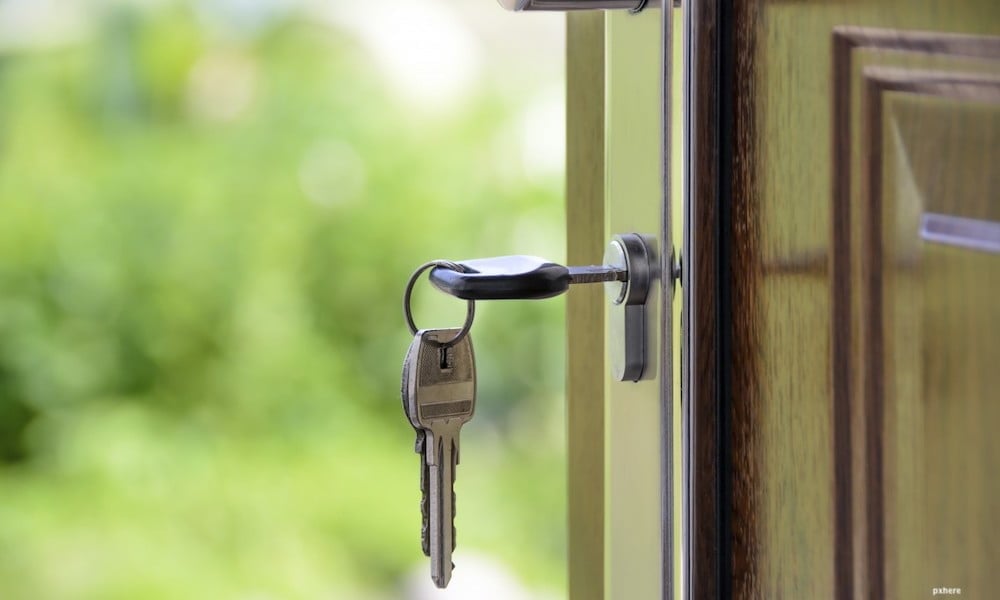Accounting & Finance
Wriggle Room In Your Budget
One of the traps of borrowing money in a low interest rate environment is not leaving enough spare money, or ‘wriggle room’ in your budget to cope with an increase in interest rates. This is particularly important to consider when you are buying your first home, upgrading to a more expensive home, or increasing your mortgage to pay for a new car or overseas holiday.

One of the traps of borrowing money in a low interest rate environment is not leaving enough spare money, or ‘wriggle room’ in your budget to cope with an increase in interest rates. This is particularly important to consider when you are buying your first home, upgrading to a more expensive home, or increasing your mortgage to pay for a new car or overseas holiday.
There are several ways you can protect yourself from the effects of future increases so you don’t run out of money.
Plan for an increase
When you are looking to increase your borrowing, do your budget based on loan repayments at a higher rate of interest. You will be able to pay off your mortgage more quickly while interest rates are low, and you can choose to keep you repayments at the same level if interest rates rise.
Have access to spare funds
Don’t borrow up to the maximum of your borrowing capacity. If things don’t go according to plan, you will have the option of increasing your borrowing. Have some savings set aside, preferably in an account where the savings will offset your mortgage to keep your interest payments down. Alternatively, have a line of credit into which you can put your savings. This has the effect of reducing the interest you pay while still having access to your funds if necessary.
Fix the interest rate
Fixing the rate on at least part of your mortgage will give you certainty about your repayments. You may or may not save on the amount of interest you pay, but at least you will not be caught out with an unexpected increase in loan repayments. Remember that if you need to break the fixed rate, for example by selling your house, you may be charged a penalty.




